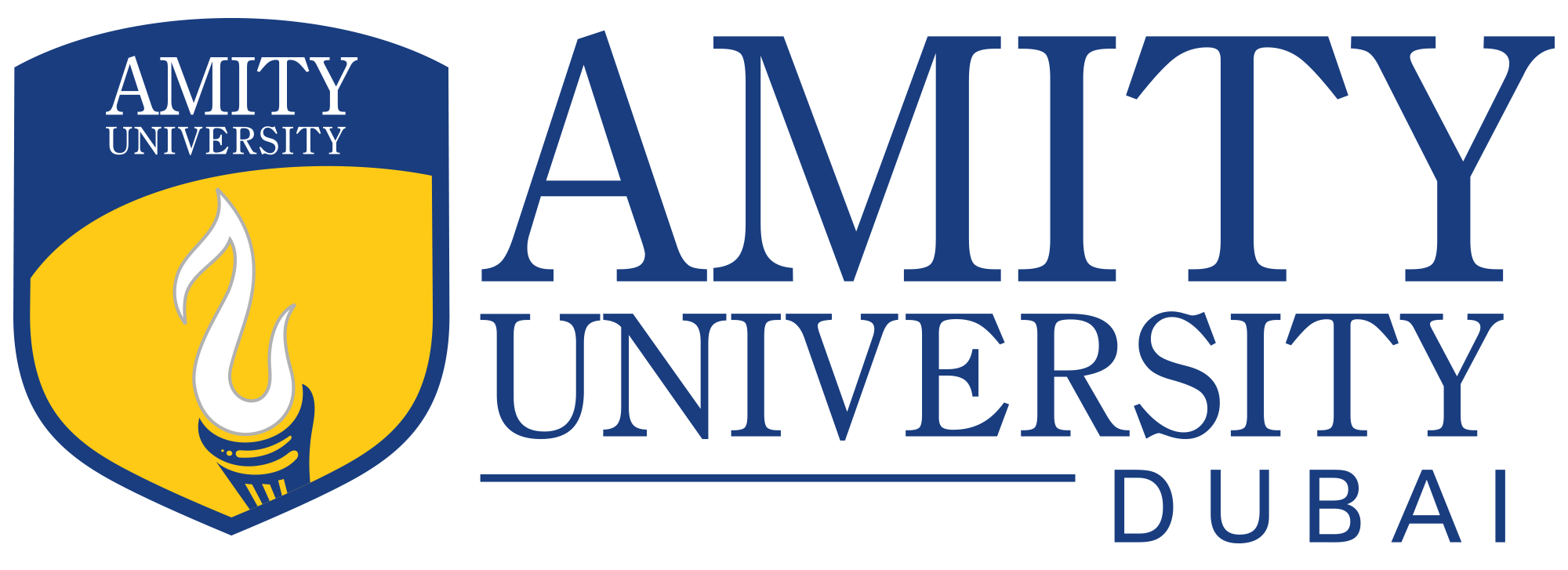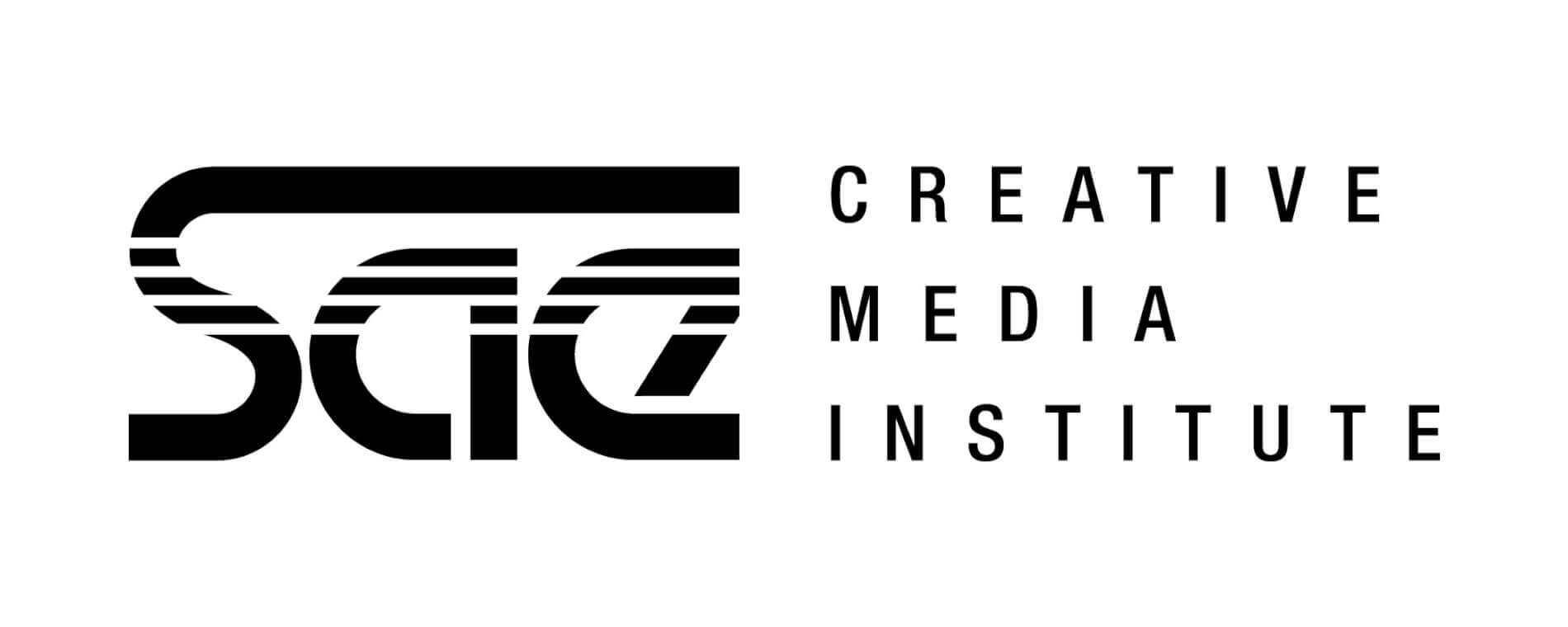About UAE
Dubai, the second-largest emirate in the United Arab Emirates (UAE), is a global hub for commerce, innovation, and culture. The city is famous for its modern skyscrapers, including the Burj Khalifa, the world’s tallest building, as well as luxurious shopping malls, entertainment venues, and lively nightlife. It is also known as the “City of Gold” due to its rapid economic growth and transformation into a cosmopolitan metropolis. With a population that’s a mix of locals and expatriates from around the globe, Dubai offers a dynamic, multicultural environment for international students.
The education system in Dubai is evolving rapidly, with numerous international and local universities offering programs that meet international standards. The emirate is known for its safe and welcoming environment, excellent career prospects, and competitive cost of living compared to other major global cities.
Why UAE
- World-Class Education: Dubai boasts several top-tier universities, including international institutions from the UK, USA, Australia, and the UAE. The government is heavily investing in education, aiming to make Dubai a global leader in education.
- Career Opportunities:Dubai is a business hub with opportunities in various sectors like technology, finance, tourism, hospitality, and real estate. Many multinational companies have their regional headquarters in Dubai, providing ample job opportunities for graduates.
- Multicultural Environment:Dubai's student population is incredibly diverse, with individuals from all over the world. This provides an excellent opportunity for students to interact with people from different cultural backgrounds, preparing them for a global career.
- High Quality of Life: Dubai offers a high standard of living, with world-class infrastructure, healthcare, and safety. The city is well-known for its clean and modern amenities, making it an ideal place for international students to live.
- Affordable Education: Compared to other Western countries, the cost of education and living in Dubai is relatively affordable. Scholarships and government programs are available for talented students.
Popular Courses in Dubai
Business & Management
Information Technology (IT)
Engineering
Hospitality & Tourism
Design & Creative Arts
UAE Admission Requirements:
- Undergraduate Programs: A high school diploma with a minimum GPA requirement, typically around 60-70%. English proficiency (IELTS/TOEFL) is required unless the student has completed their previous education in English.
- Postgraduate Programs: A recognized undergraduate degree in a related field. Additional requirements may include work experience (for MBA programs) and standardized test scores (such as GMAT/GRE). English proficiency tests (IELTS/TOEFL) are also commonly required.
- English Proficiency:Most universities in Dubai require proof of English proficiency. Common tests accepted include IELTS, TOEFL, or equivalent.
- Visa Requirements: Students need a student visa, which can be sponsored by the university or through the UAE's immigration system. A valid passport, proof of admission, and financial stability are required.
Education Costs for Studying in UAE
| Living Expenses in Dubai: | |
|---|---|
| Tuition Fees: | |
| Undergraduate Programs: | AED 35,000 to AED 55,000 per year (approx. USD 9,500 - 15,000). |
| Postgraduate Programs: | AED 50,000 to AED 75,000 per year (approx. USD 13,500 - 20,000). |
| Accommodation: | Students can opt for university-hosted accommodations or rent apartments. Monthly rent can range from AED 2,000 to AED 5,000 depending on the location and facilities. |
| Living Costs: | The average cost of living in Dubai for students is between AED 3,000 and AED 6,000 per month. This includes food, transportation, and other personal expenses. |
*Fees are for informational purposes and may vary by university. Accommodation and miscellaneous costs differ based on student preferences and cities of residence*
Part-time Work: Students are allowed to work part-time (up to 20 hours a week) during their studies, which helps supplement living expenses.
Top universities
Have a question? Check out the FAQ
Is Dubai a safe place for international students?
Yes, Dubai is one of the safest cities in the world. The city has low crime rates and a high standard of living, making it a very student-friendly destination.
Can I work while studying in Dubai?
Yes, international students can work part-time for up to 20 hours per week during the academic term and full-time during breaks
Do I need a visa to study in Dubai?
Yes, you will need a student visa to study in Dubai. This is typically sponsored by your university.
What language is spoken in Dubai?
The official language is Arabic, but English is widely spoken, especially in educational institutions and workplaces.
Can I stay in Dubai after completing my studies?
Yes, Dubai offers post-graduation work opportunities and a chance to apply for a work permit after graduation. Many students stay and find full-time employment in Dubai post-graduation.



.png)
.png)





